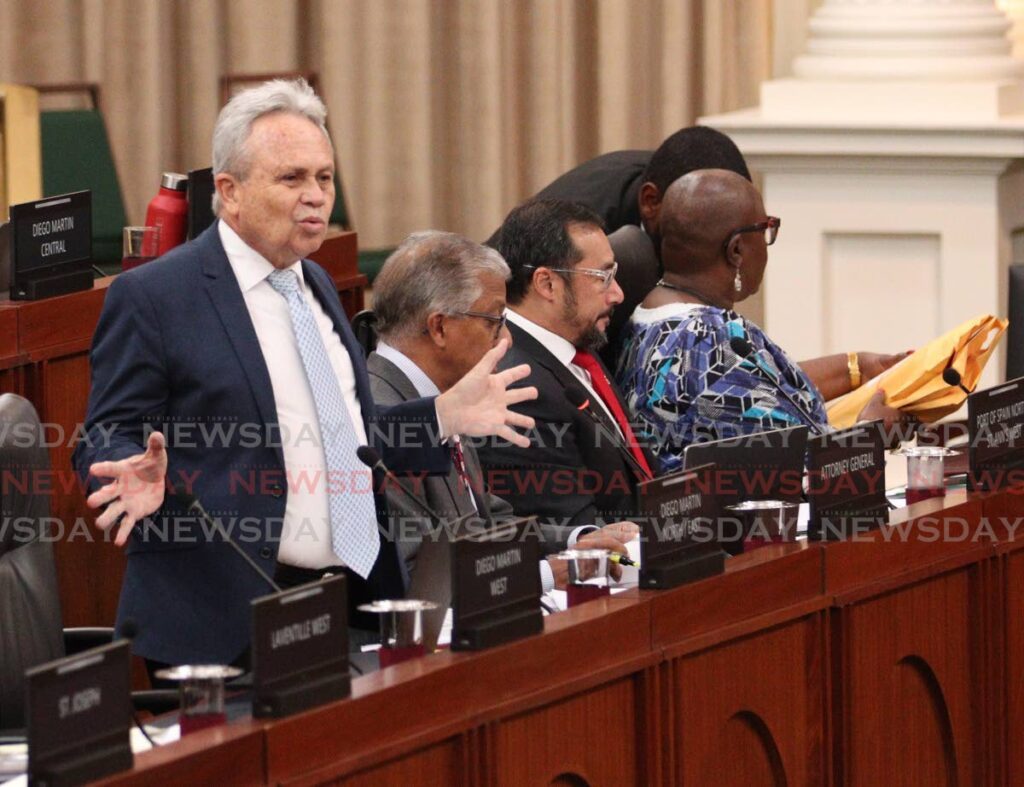Budget measures must stimulate trade

HOW WILL the budget boost business?
That’s the question Finance Minister Colm Imbert will have to address on September 30 when he presents the annual fiscal package.
There are several elements that affect the temperature of the business environment, not the least of which is the extent to which the State leans on the Public Sector Investment Programme (PSIP) to stimulate activity in 2025.
It is clear the Government plans to heighten the programme.
In last year’s measures, it was stated the Cabinet was approaching things in terms of a planning horizon from 2021-2025. Not only was it the Government’s intention to heighten the programme, but efforts by the Ministry of Planning and Development “to focus on assisting ministries, departments and agencies in removing bottlenecks to PSIP implementation” were to escalate.
A total of 1,232 projects were earmarked, costing about $6.2 billion. The highest areas of expenditure related to infrastructure and transport (roads, bridges, drainage, ICT).
If Mr Imbert maintains course, a question that arises is the extent to which the Government may have to lean on borrowing.
There are unanswered questions which should be addressed in short order by the Central Bank as it relates to the move on July 19 to cut reserves for commercial banks from 14 per cent to ten.
It remains an open question whether this move was related to actual or projected levels of government borrowing. If more borrowing is to occur, the impact on economic activity will depend on the uses to which local financing is applied.
Having an environment that facilitates business is key and measures to address the crime situation will be vital.
The last fiscal year has seen efforts to do this through increases in police recruitment as well as a $100 million law enforcement plan, though details remain unclear.
Certainly, a part of the picture will be affected by the tone set in the Social Sector Investment Programme, spending on which was $9 billion for 2023.
Recent questions over the way funding allocations are dispersed to the Ministry of Education have also arisen given problems with school facilities.
How the Government addresses climate change remains to be seen. The need to support businesses in making a green transition continues to be strong, as does the necessity for contingency planning in a world in which the risk of more extreme weather arises.
Also unanswered are lingering questions about the management of the foreign exchange situation, plans for increasing pay levels for state officials, Tobago’s allocation given its worsening crime outlook, food prices, levels of saving and the approach to be taken by the Government in relation to the criticisms raised by the public procurement body which has reported a frequent use of non-competitive procedures.
On the latter point, the Prime Minister on September 20 noted such contracts are permissible under the law in some circumstances, suggesting contracts may continue to flow unfettered by much-needed regulation.
If, however, an effort is made to boost competitive processes, there could be clear economic advantages.

Comments
"Budget measures must stimulate trade"